detail profile william collier sr
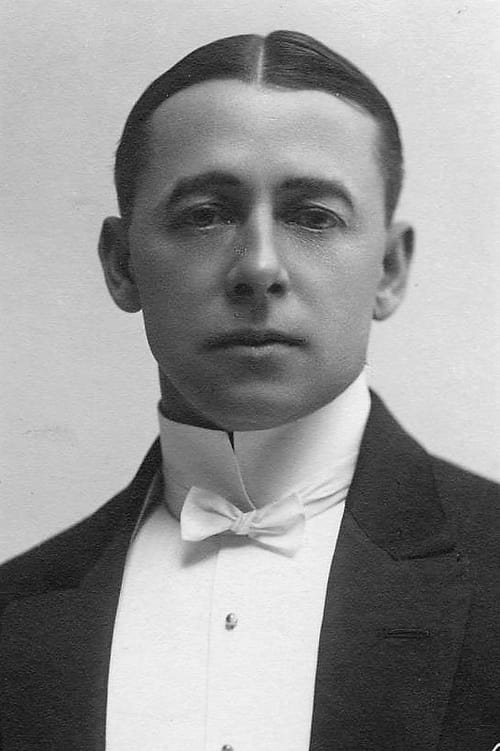
William Collier Sr.
William Morenus
atau dikenal sebagai
Riwayat Hidup
William Collier Sr.
was born on November 12, 1864 in New York City, New York, as William Morenus.
He was an actor and writer, known for Wife and Auto Trouble (1916), Harmony at Home (1930) and Up the River (1930).
He was married to Paula Marr and Louise Allen.
He died on January 13, 1944 in Beverly Hills, Los Angeles, California, from pneumonia.
Info Pribadi
Peran Yang Di Mainkan William Collier Sr.
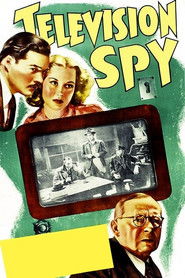 A scientist invents a television device...
A scientist invents a television device...Television Spy 1939
A scientist invents a television device called the Iconoscope. Foreign agents hear about it and try to steal it.
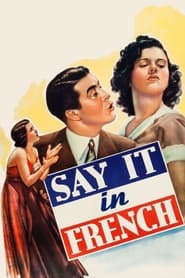 An American golf pro falls in...
An American golf pro falls in...Say It in French 1938
An American golf pro falls in love with a woman while visiting France; before long they are married and in the US. Upon their arrival, they are dismayed to discover that the golfer's parents have arranged for him to marry a wealthy socialite so they can use her money to support their business....
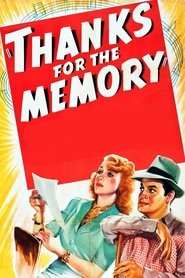 Steve Merrick is an out of...
Steve Merrick is an out of...Thanks for the Memory 1938
Steve Merrick is an out of work writer who stays home and plays house husband while his wife goes to work for her former fiancé and Merrick's publisher who is still carrying a torch for her.
 A chorus girl and a heavyweight...
A chorus girl and a heavyweight...Cain and Mabel 1936
A chorus girl and a heavyweight boxer are paired romantically as a publicity stunt.
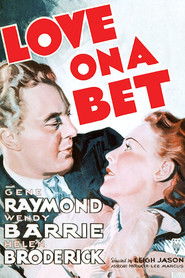 An aspiring theater producer convinces his...
An aspiring theater producer convinces his...Love on a Bet 1936
An aspiring theater producer convinces his wealthy uncle to finance a play on the condition that he lives the play’s far-fetched plot: making a cross-country trip with no money.
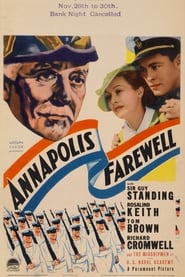 Commodore Fitzhugh an old retired naval...
Commodore Fitzhugh an old retired naval...Annapolis Farewell 1935
Commodore Fitzhugh, an old retired naval officer, lives at the Annapolis Naval Academy and, unhappy with the "modern" navy, likes to talk about his days in the "old" navy, especially about his part in the Battle of Manila Bay under Adm. Dewey during the Spanish-American War, when he commanded the USS Congress. That ship, now decommissioned and docked in Annapolis harbor, is--unknown to Fitzhugh--about to be towed out to sea to be used for target practice. When Fitzhugh finds this out, he sets out to either save his beloved vessel or "go down with his ship".
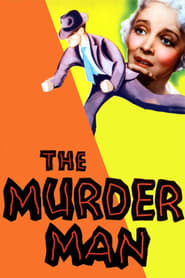 Steve Grey reporter for the Daily...
Steve Grey reporter for the Daily...The Murder Man 1935
Steve Grey, reporter for the Daily Star, has a habit of scooping all the other papers in town. When Henry Mander is investigated for the murder of his shady business partner, Grey is one step ahead of the police to the extent that he often dictates his story in advance of its actual occurrence. He leads the police through an 'open and shut' case resulting in Mander being tried, convicted and sentenced to death. Columnist Mary Shannon is in love with Steve but she sees him struggle greatly with his last story before Mander's execution. When she starts typing out the story from his recorded dictation, she realizes why.
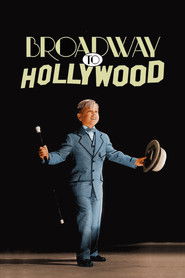 In this throughtheyears saga about a...
In this throughtheyears saga about a...Broadway to Hollywood 1933
In this through-the-years saga about a show business family, the fame of husband and wife vaudeville headliners of the 1880s is eclipsed by their son.
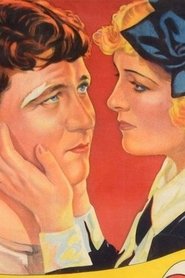 Eddie Burke is a wiseguy pugilist...
Eddie Burke is a wiseguy pugilist...Madison Square Garden 1932
Eddie Burke is a wise-guy pugilist whose talent is unevenly matched by his ego. Despite his character flaws, Eddie knows the meaning of loyalty. When his manager Doc Williams is offered the opportunity to stage a match at Madison Square Garden, but only if he gets rid of his stable of fighters, Eddie fabricates an alibi and stages a walkout on Doc.
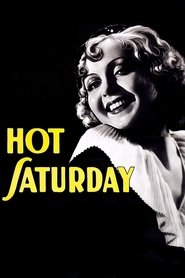 A pretty but virtuous smalltown bank...
A pretty but virtuous smalltown bank...Hot Saturday 1932
A pretty but virtuous small-town bank clerk is the victim of a vicious rumor from an unsuccessful suitor that she spent the night with a notorious womanizer.
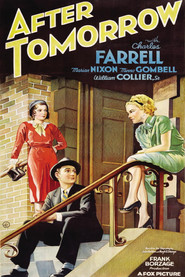 In the Depression Pete and Sidney...
In the Depression Pete and Sidney...After Tomorrow 1932
In the Depression, Pete and Sidney are good kids, working hard, giving money to their parents, and engaged for three years while they save to get married. Each has a selfish mother: Sydney's is cold, Pete's is clingy. Sidney's mother is looking for her own happiness, no matter how much that search harms her daughter and long-suffering husband; and, the longer the engagement lingers, the more pressure Pete's mom puts on Sidney to break it off and set her son free. "After Tomorrow" is Pete and Sidney's favorite song, but with illness, poverty, and temptation: will that good day ever come?
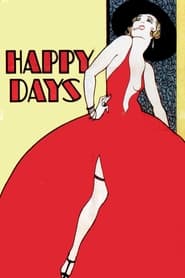 Margie singer on a showboat decides...
Margie singer on a showboat decides...Happy Days 1929
Margie, singer on a showboat, decides to try her luck in New York inspite of being in love with the owners grandson. She is successful, but suddenly she hears that the showboat is in deep financial trouble, and she calls all the boats former stars to join in a big show to rescue it.
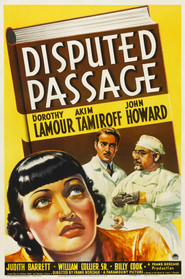 A doctors medical studies are threatened...
A doctors medical studies are threatened...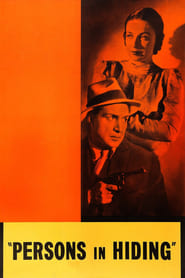 During a stickup a woman is...
During a stickup a woman is... Two young men try to wrest...
Two young men try to wrest...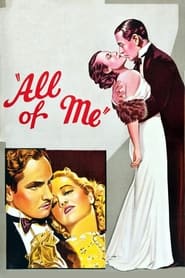 A professor tires of the direction...
A professor tires of the direction...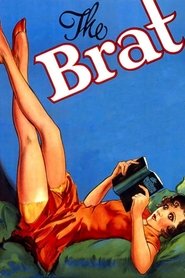 A society novelist brings a brash...
A society novelist brings a brash...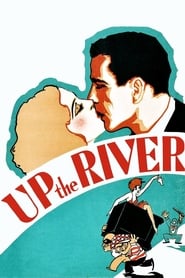 Daily life at men and womens...
Daily life at men and womens...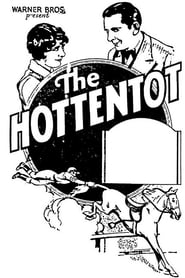 The Hottentot is a lost 1929 American...
The Hottentot is a lost 1929 American...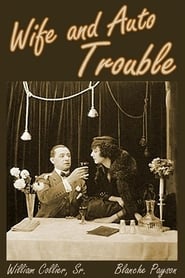 A mildmannered mans problems with his...
A mildmannered mans problems with his...